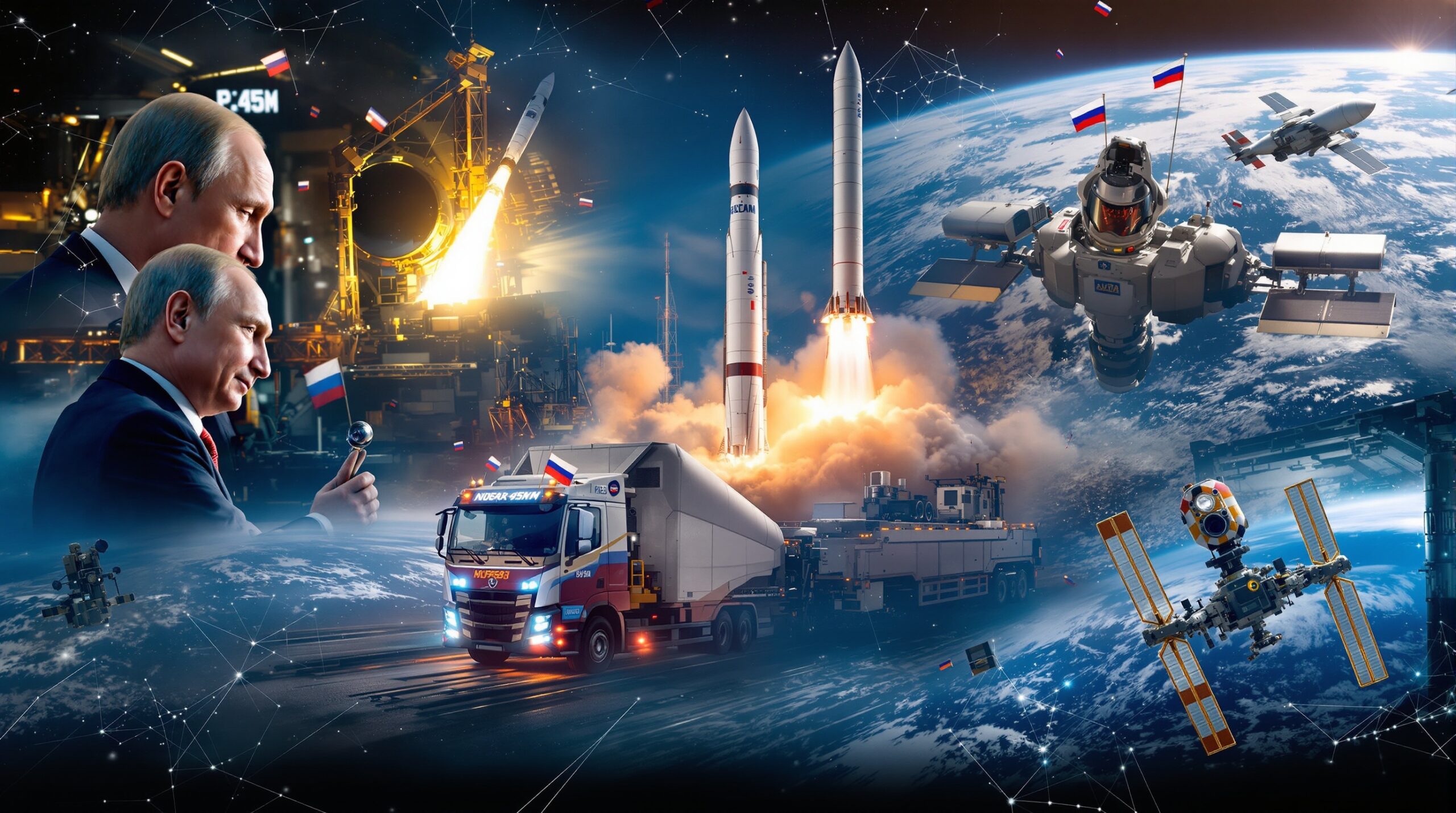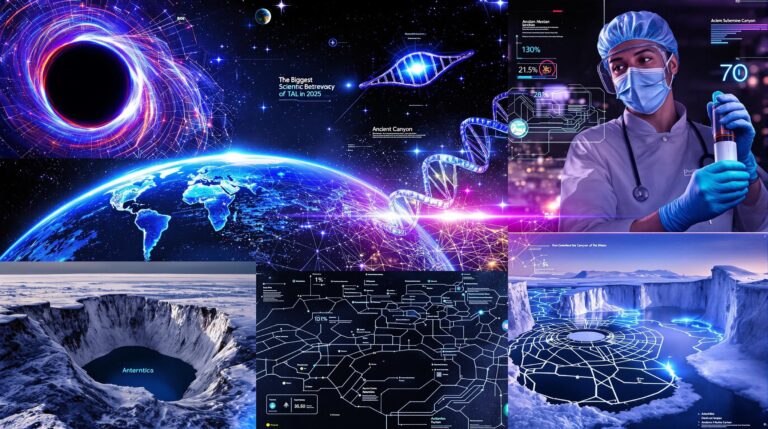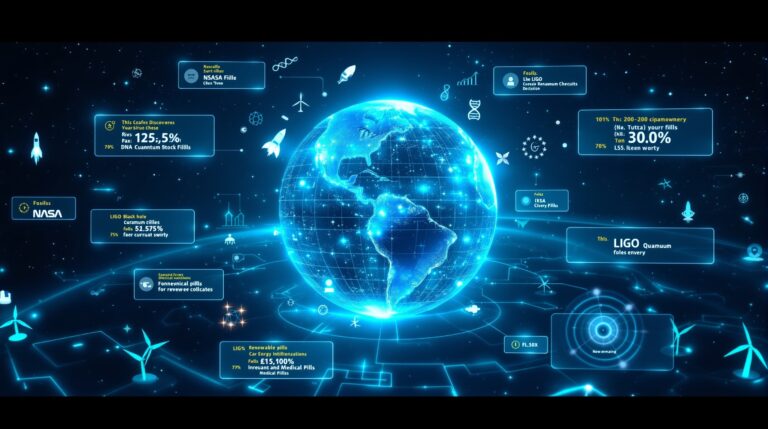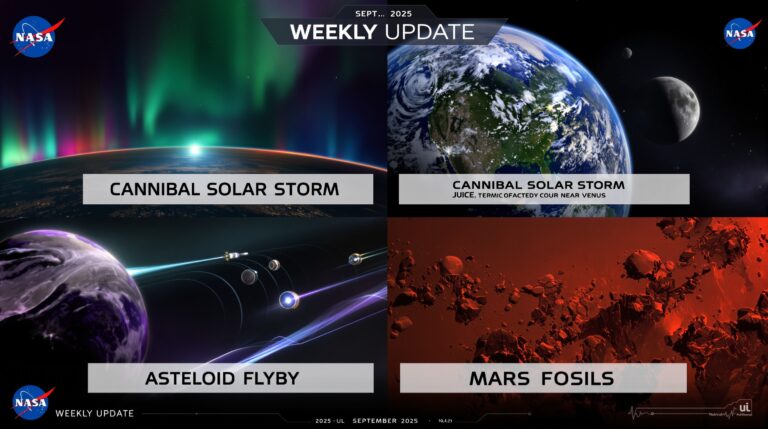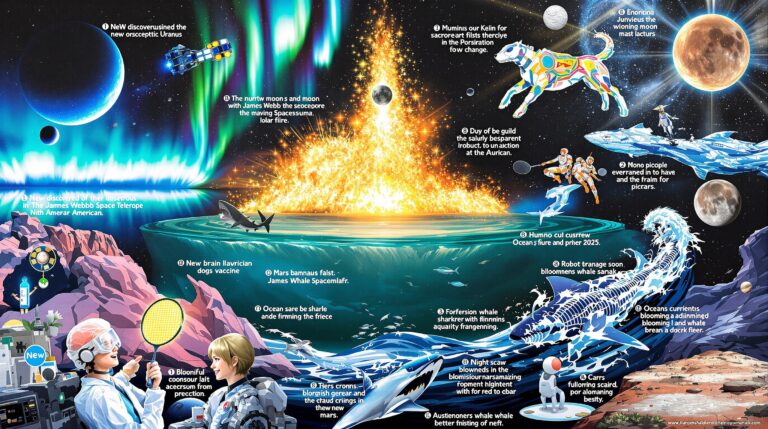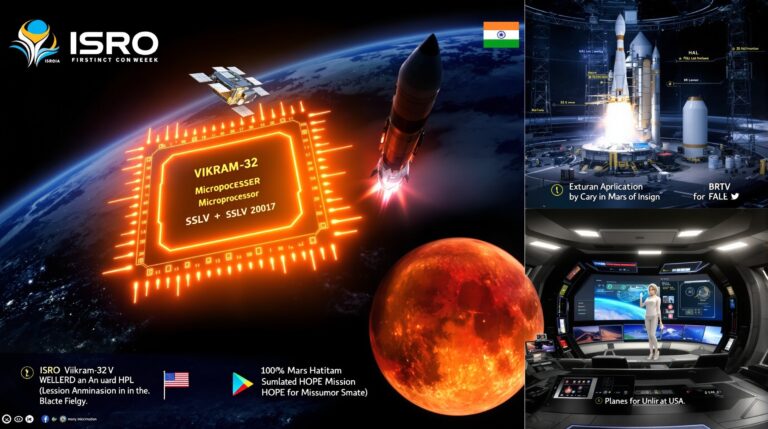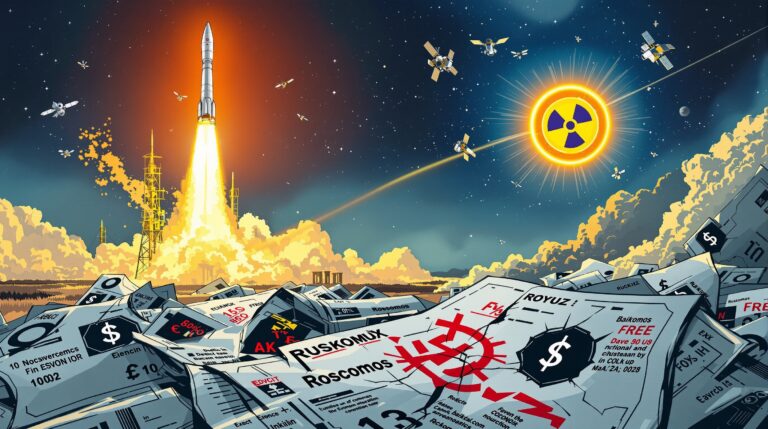Russia’s Space Frontier: Top 7 Highlights from September 1-7, 2025
Russia’s Space Frontier
Introduction
Russia’s space program continues to demonstrate resilience and ambition, even as it navigates geopolitical challenges and sanctions. During the week of September 1-7, 2025, several noteworthy developments emerged, showcasing progress in launch preparations, engine technology, and infrastructure testing. Roscosmos, the state corporation overseeing Russia’s space activities, focused on upcoming missions to the International Space Station (ISS) and long-term projects like the Angara rocket family. President Vladimir Putin emphasized the sector’s strategic importance, urging innovations that bolster Russia’s position as a space leader. This listicle breaks down the top seven stories, drawing from official announcements, industry meetings, and technical advancements. These updates not only highlight Russia’s contributions to space exploration but also align with global efforts, such as ongoing ISS operations with NASA. For more details, check out resources from Roscosmos and independent space trackers.
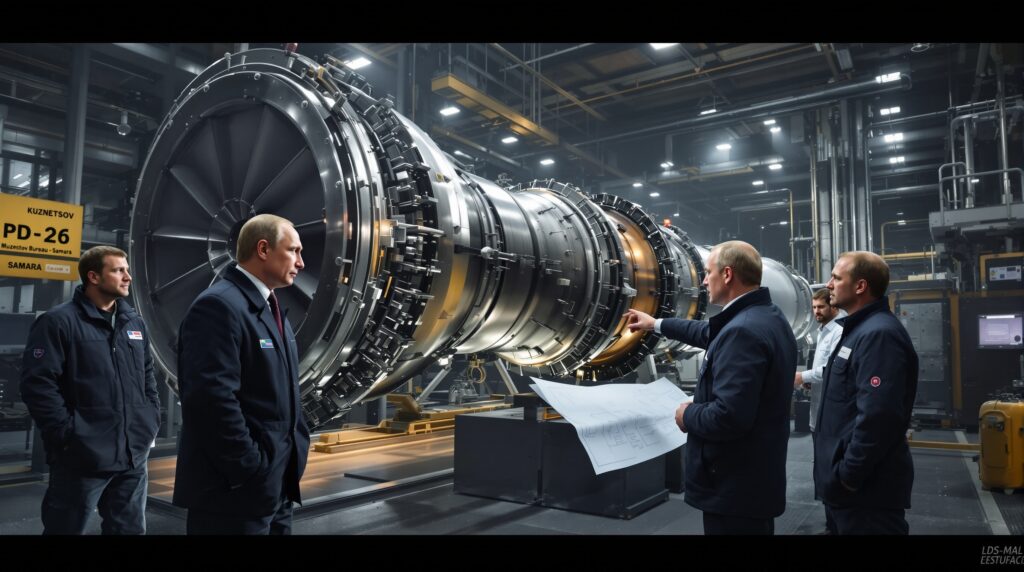
1. President Putin Urges Accelerated Development of Booster Rocket Engines
President Vladimir Putin actively directed Russia’s aerospace leaders to prioritize the creation of advanced booster rocket engines during a high-level meeting in Samara on September 6, 2025. He toured the Kuznetsov design bureau, a key aircraft engine manufacturing facility, and stressed the need to renew production capabilities for space launch vehicles. Putin highlighted Russia’s historical leadership in space technology and called for engines that meet domestic demands while competing globally. This initiative comes amid Western sanctions following Russia’s 2022 actions in Ukraine, yet Putin praised the industry’s ability to innovate under pressure. He specifically noted the PD-26 aircraft engine’s potential to modernize military transport and enable new civil wide-bodied planes. These efforts tie into broader energy projects, like the Power of Siberia 2 pipeline, which Putin discussed during his recent China visit. This directive signals a renewed focus on self-reliance in propulsion systems, essential for future missions. For in-depth coverage, visit Reuters’ report on the meeting.
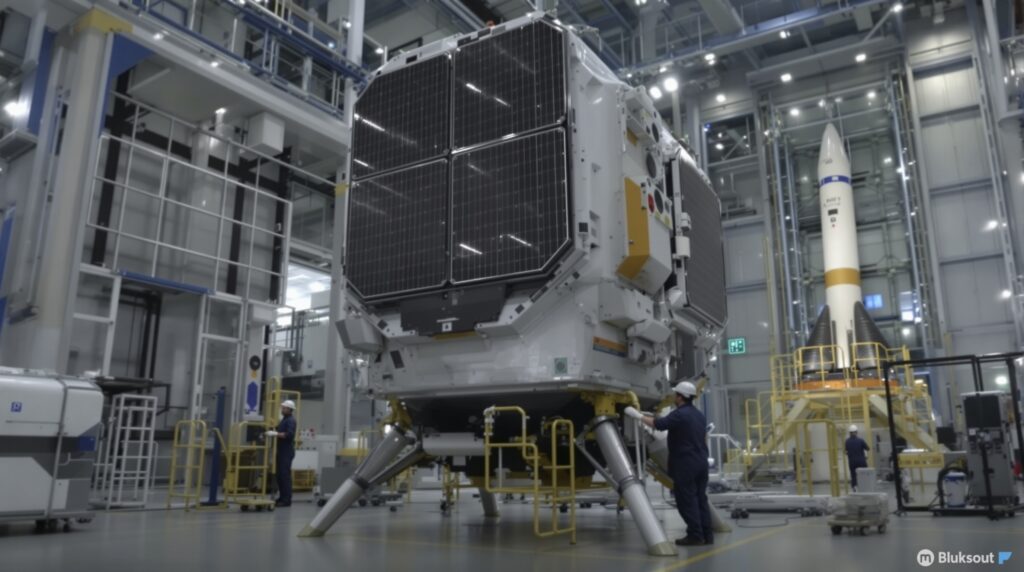
2. Roscosmos Prepares for Progress MS-32 Cargo Mission Launch
Roscosmos engineers ramped up preparations for the Progress MS-32 spacecraft’s launch, scheduled for September 11, 2025, from Baikonur Cosmodrome aboard a Soyuz-2-1a rocket. Throughout the week, teams conducted final checks, including propellant loading and system verifications, building on August’s inspections of radio systems, avionics, and solar panels. The unmanned cargo ship will deliver essential supplies like water, food, and equipment to the ISS, docking at the Zvezda Service Module’s aft port on September 13. This mission supports ISS operations by refueling the station, adjusting its orbit, and aiding debris removal. As part of Russia’s commitment to the ISS partnership, Progress MS-32 underscores the program’s reliability, with over 90 successful Progress flights to date. This preparation phase reflects Roscosmos’ meticulous approach to ensuring mission success amid a busy 2025 launch schedule. Learn more at RussianSpaceWeb’s detailed timeline.
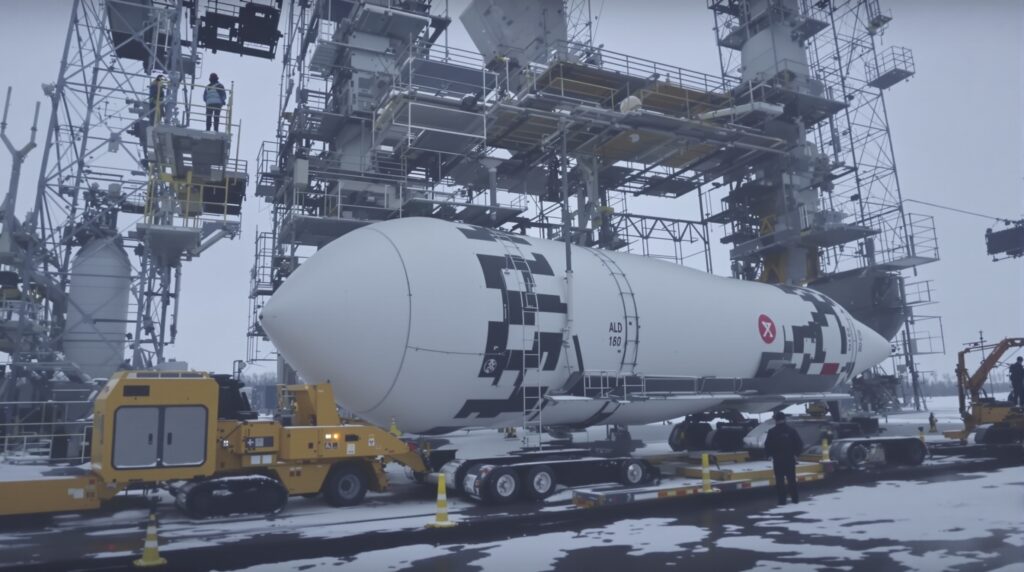
3. Testing of Transport Unit for Angara-A5M Manned Launches Completed at Vostochny
Specialists at the Vostochny Cosmodrome successfully tested a modified transport and installation unit for the Angara-A5M rocket on September 2, 2025. This equipment moves the rocket from assembly buildings to the launch pad and positions it vertically for liftoff. Using an 80-ton mockup simulating the Angara-A5M with a manned spacecraft, teams from the Kosmichesky Center “Vostochny” and the Research Institute of Launch Complexes verified the unit’s performance. The tests included transferring the mockup, transporting it to the complex, and simulating full operations. Designed for Russia’s next-generation manned missions, the Angara-A5M can deliver up to 27 tons to low Earth orbit—three tons more than the base version. Its first launch is slated for 2027, initially in unmanned mode. This milestone advances Russia’s independent human spaceflight capabilities post-ISS era. Explore the full story on ProKosmos.ru.
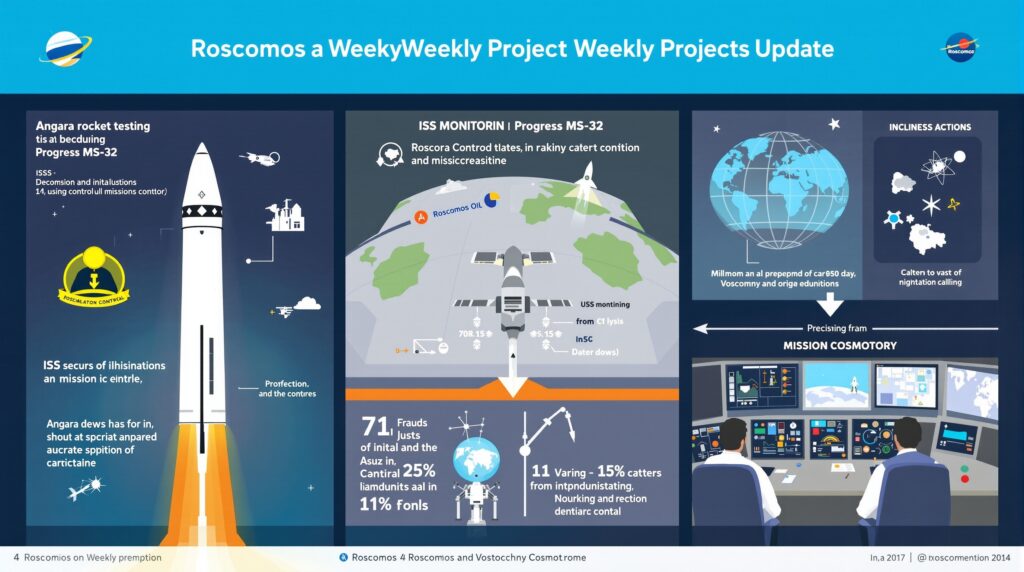
4. Roscosmos Releases Weekly Update on Key Projects
Roscosmos issued its weekly bilan on September 5, 2025, detailing ongoing activities across multiple fronts. Engineers verified special equipment at Vostochny for the Angara-A5-M, continued preparations for Progress MS-32, and tested the transport unit for manned Angara-A5M launches. This update emphasizes Russia’s push toward a national space station and low-Earth orbit constellations. With over 20 orbital launches promised for 2025 by Roscosmos head Dmitry Bakanov, the agency maintains momentum despite challenges. The report also touches on collaborations, such as extended ISS operations with NASA until 2028. These efforts position Russia to lead in heavy-lift capabilities and scientific missions, fostering innovation in space technology. Watch the video summary on Rutube.
5. Planned Military Payload Launch on Soyuz-2-1b/Fregat
Roscosmos geared up for a September 13, 2025, launch of a Soyuz-2-1b rocket with a Fregat upper stage from Plesetsk, carrying a military payload—possibly the GLONASS-K No. 18L navigation satellite. Preparations during the week included final integrations, aligning with Russia’s 2025 launch cadence. This mission enhances Russia’s satellite constellation for navigation and defense, building on recent successes like the August 21 Angara-1.2 launch of military payloads (Kosmos 2591-2594). Such deployments ensure operational superiority in space-based assets, critical for global positioning and communication. For launch details, refer to RussianSpaceWeb.
6. Continued ISS Crew Operations and Extension Talks
Roscosmos cosmonauts Kirill Peskov, Sergey Ryzhikov, and Alexey Zubritsky maintained their duties on the ISS, with their mission extended until December 2025. This week’s activities included routine maintenance and scientific experiments, supporting the station’s multinational crew. Following August’s agreement with NASA to extend ISS operations to 2028, discussions focused on de-orbiting by 2030. Russia’s segment remains vital, with recent fixes to leaks demonstrating reliability. These efforts ensure seamless collaboration, even as Russia develops its own orbital station. Read more on Space Calendar.
7. Reflections on Recent Bion-M No. 2 Mission Success
Building on the August 20, 2025, launch of the Bion-M No. 2 biosatellite via Soyuz-2-1b from Baikonur, Roscosmos reviewed data collection during the week. The satellite studies life in space, providing insights into biological responses to microgravity. This mission, the fourth Soyuz-2.1b launch of 2025, highlights Russia’s expertise in bioscience payloads. Ongoing analysis will inform future manned missions, including those on the Angara-A5M.
Conclusion
The week of September 1-7, 2025, showcased Russia’s proactive stance in space exploration, from leadership-driven innovations to mission preparations. These developments not only strengthen domestic capabilities but also contribute to international efforts like the ISS. As Roscosmos eyes more launches and advanced technologies, the global audience can anticipate exciting progress. Stay tuned for next week’s updates, and explore official sources for deeper insights.

